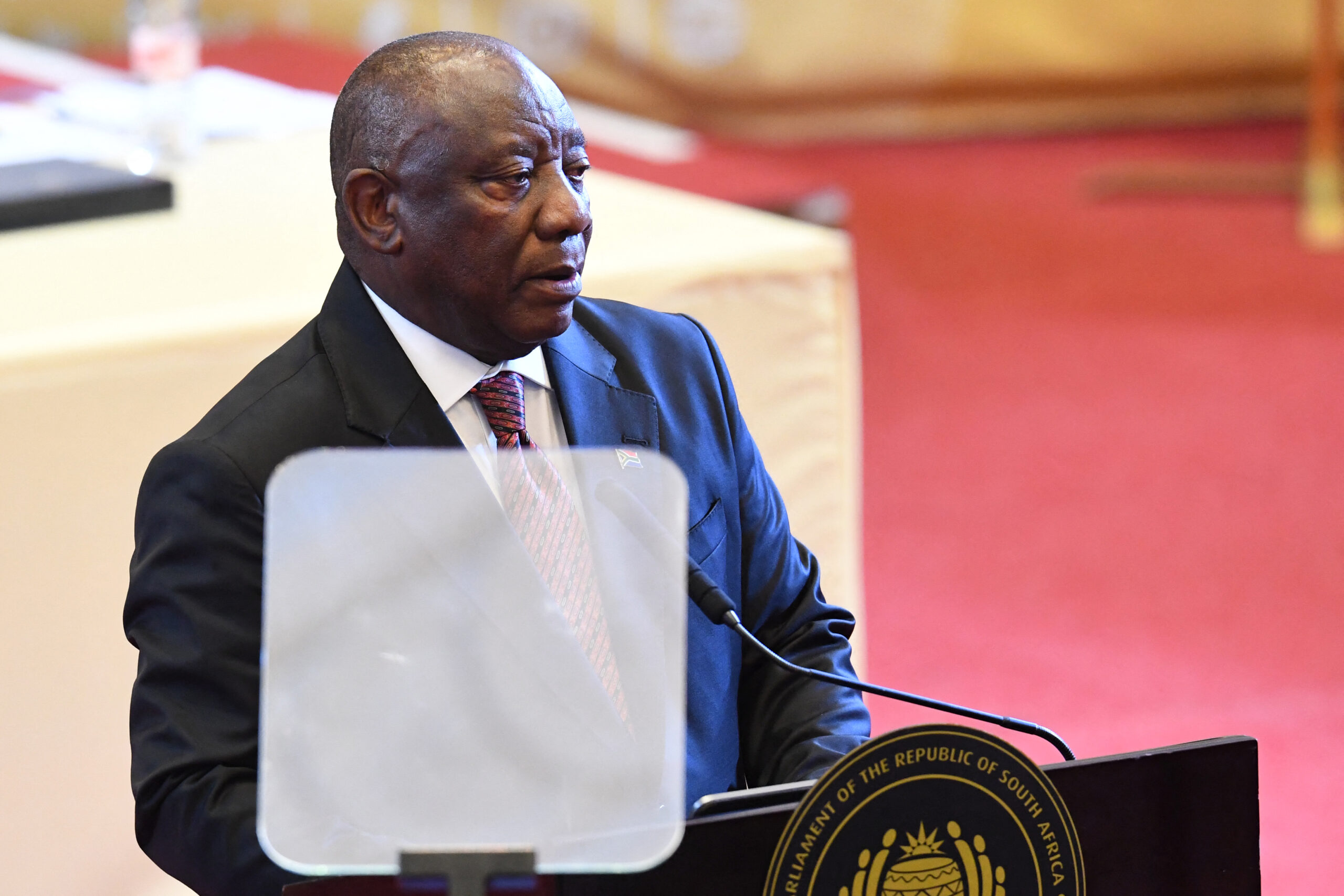
Cape Town, South Africa – South Africa’s new unity government must urgently boost economic growth to create jobs and cut poverty, President Cyril Ramaphosa said in a national address Thursday.
Ramaphosa’s first state-of-the-nation address as head of the seven-month-old coalition government reflected calls for measures to address stark economic inequalities that persist three decades after the end of apartheid.
“Our most urgent task is to grow our economy so that we can create jobs, reduce poverty and improve the lives of South Africans,” he told a joint sitting of parliament.
To meet these objectives, growth should be lifted to above three percent, he said.
It is currently projected at an average of 1.6 percent over the next three years, according to a 2024 budget review. Unemployment touches 32 percent and economic inequality is among the highest in the world.
“To achieve higher levels of economic growth, we are undertaking massive investment in new infrastructure, while upgrading and maintaining the infrastructure that we have,” said Ramaphosa.
The government was engaging with local and international investment to unlock 100 billion rand (5.2 billion euro) to finance infrastructure development, including in the limping railway network, water and sanitation.
It also wanted to benefit from private sector expertise and funds, he said.
Ramaphosa also reiterated plans for South Africa’s first National Health Insurance scheme.
He started his address with a minute of silence for the 14 South African soldiers killed in the conflict in the eastern Democratic Republic of Congo last month and whose bodies are still to be repatriated.
The 72-year-old president was re-elected in May 2024 elections, when his African National Congress (ANC) party lost its outright majority for the first time since taking power in the first all-race elections in 1994.
The ANC forged a coalition government with its historic rival, the pro-business Democratic Alliance (DA), in a pragmatic centre-right shift that encouraged confidence after concerns about bad governance and high rates of corruption and crime.
The president’s address reflected many of the DA’s own many priorities, the party said after the address, pleased that its “efforts in government are shaping the future of South Africa”.
The party runs six key ministries in the government of national unity (GNU).
Although there have been some loud quarrels within the 10-party GNU, including over language education policy, analysts say the collaboration is likely to run this government’s full five-year term.
© Agence France-Presse